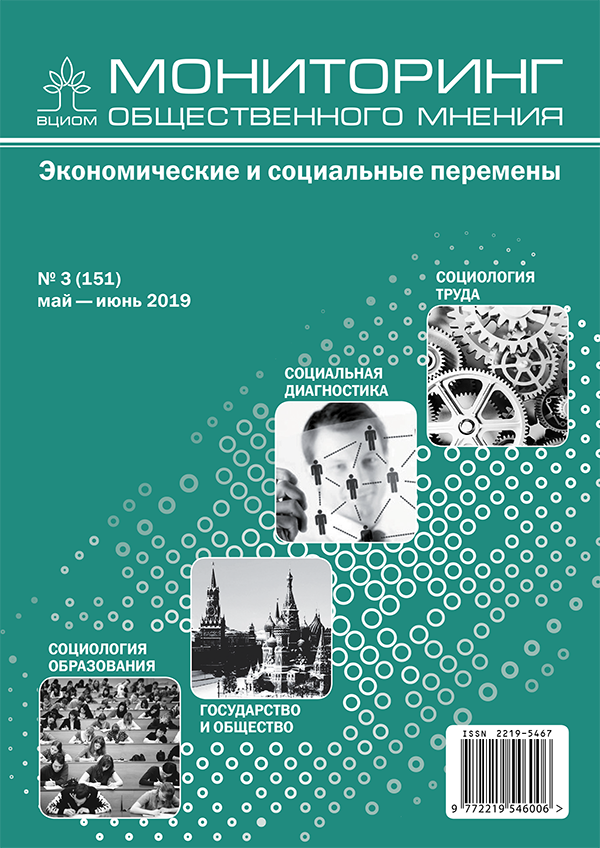Ловушка гибкой занятости: как нестандартный график работы влияет на баланс между работой и жизнью фрилансеров
DOI:
https://doi.org/10.14515/monitoring.2019.3.06Ключевые слова:
рынок труда, самозанятость, фрилансеры, рабочее время, баланс между работой и жизньюАннотация
Исследование проблематизирует роль гибких трудовых графиков в жизни самозанятых профессионалов (фрилансеров). Высокий уровень автономии в распоряжении собственным временем не только имеет очевидные преимущества, но и может приводить к самоэксплуатации. Опираясь на данные онлайн-опроса «Перепись фрилансеров» (2019) и RLMS-HSE (2017), мы демонстрируем, что на фоне среднероссийских показателей фрилансеры намного чаще трудятся в нестандартное время: поздними вечерами и ночью, а также в выходные и праздничные дни, когда другие люди отдыхают. Регрессионный анализ показывает, что работа в нестандартное время приводит к ухудшению баланса между работой и жизнью фрилансеров. В наиболее уязвимом положении оказываются женщины; люди, имеющие супруга (партнера); фрилансеры с несовершеннолетними детьми.
Благодарность. В работе использованы результаты проекта «Перепись фрилансеров: мониторинг русскоязычного рынка удаленной работы (2009-2019)», выполненного в рамках Программы фундаментальных исследований НИУ ВШЭ в 2019 году.






